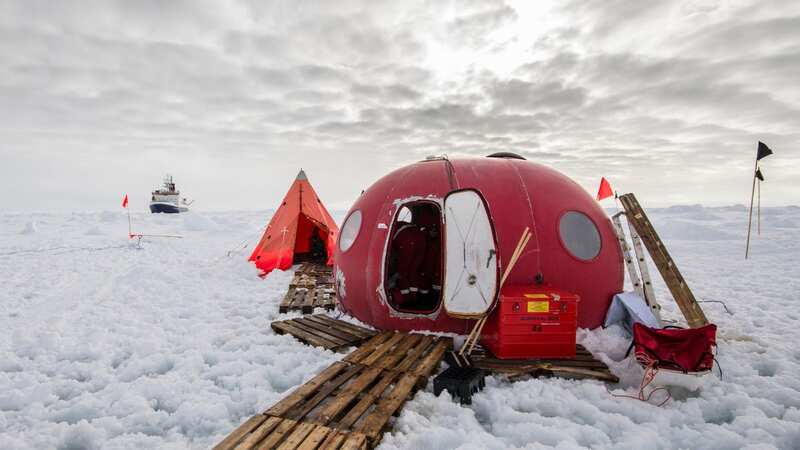

Antarctica may be the only continent in the world with no permanent human settlements. Home to mostly penguins, seals and whales, you'd assume there wouldn't be much of an accent. With only a handful of researchers and scientists living out there, it's bizarrely emerged there really is such thing as an 'Antarctician accent'.
As it's so isolated, just 1,000 residents in the winter months, those living there have all started to speak with a common local dialect amongst themselves - despite being from all over the world. Living on research stations, their relationships are extremely intense which has caused the phenomenon.
Explained in a TikTok by linguistic fanatic @Human.1011, as he said: "Because Antarctica is so hostile and remote, these scientists are completely isolated from the rest of the world. Which is the perfect environment to study the new development of a new dialect.
"Linguists recruited 11 different Antarctic researchers of various nationalities and dialects. They recorded them before they left for Antarctica, and then again after they returned to see what would change."
He went on to add that eight of the participants were English, one was from the US, one from Germany and one from Iceland. It's no wonder there was a mix of pronunciations and they all influenced each other's speech.
 'I don't want children staying up late at weekends - I really need adult time'
'I don't want children staying up late at weekends - I really need adult time'
The TikToker further detailed: "After the study, the researchers were pronouncing their vowels significantly more similar to each other than before." He stated that they started to develop longer vowel sounds as well as enunciating the "ou" sound in the front of their mouths rather than the back of their throats.
Jonathan Harrington, the study author and Professor of Phonetics and Speech Processing at the Ludwig-Maximilians University of Munich spoke to IFL Science on the findings and said: "The Antarctic accent is not really perceptible as such – it would take much longer for it to become so – but it is acoustically measurable.
"It's mostly an amalgamation of some aspects of the spoken accents of the winterers before they went to Antarctica, together with an innovation. It's far more embryonic [than conventional English accents] given that it had only a short time to develop and also, of course, because it's only distributed across a small group of speakers."